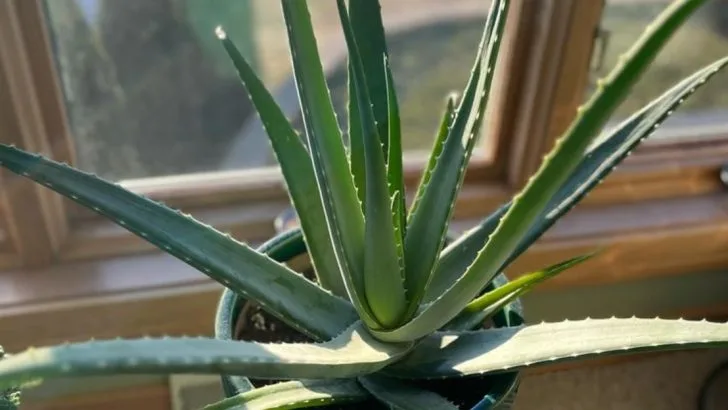Good sleep starts long before your head hits the pillow—and your environment plays a bigger role than you think. Certain houseplants have been shown to purify air, reduce stress, and even influence melatonin production, making them natural allies for deeper, more restful nights.
Across cultures, people have long placed specific plants in bedrooms—not just for beauty, but for their calming scents, oxygen release, or even symbolic meaning. Now, modern research is confirming what tradition has known for centuries: some plants can genuinely improve your sleep quality.
In this article, you’ll meet 13 powerful yet gentle sleep-enhancing plants, and learn how to position and care for them so your bedroom becomes a truly restorative space—night after night.
Lavender
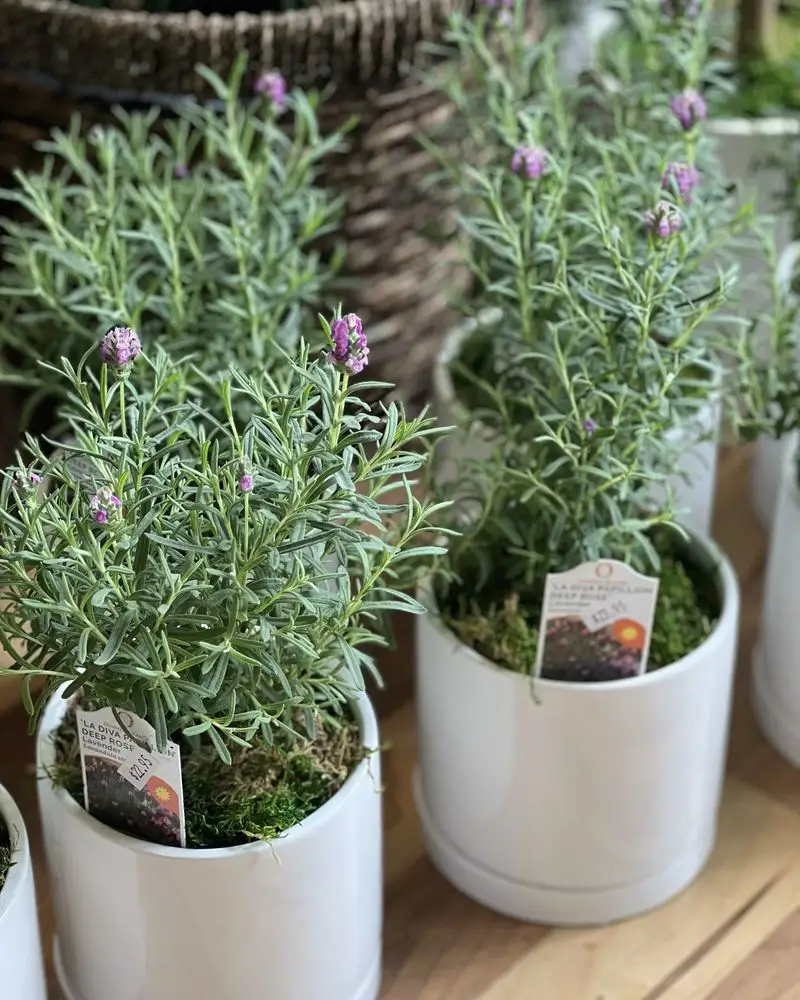
The scent of lavender has long been celebrated for its calming effects, making it a favorite in aromatherapy. Research shows that lavender can lower heart rate and blood pressure, creating a peaceful environment conducive to sleep. Its gentle purple flowers offer visual tranquility as well.
A study published in the Journal of Alternative and Complementary Medicine found that the aroma can increase deep wave sleep, essential for feeling rested. Embrace this traditional remedy by placing a pot on your nightstand. Its simple presence can lull you into a more serene slumber.
Did you know? Lavender is also used in culinary dishes, adding a unique flavor to desserts and teas.
Jasmine
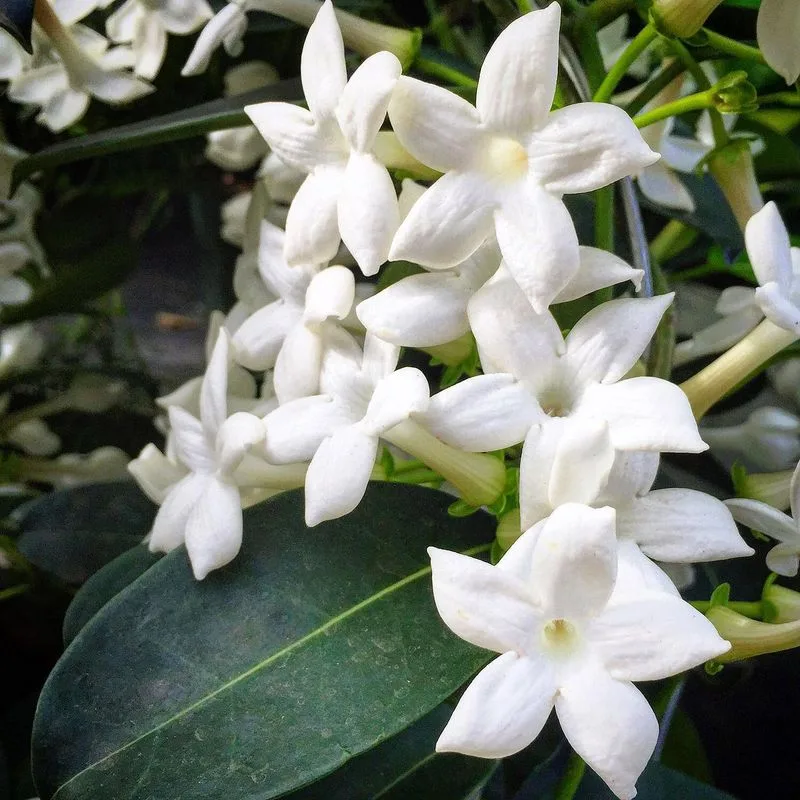
Jasmine isn’t just a pretty face; its scent has been linked to reduced anxiety levels, promoting a restful night’s sleep. The sweet aroma can slow down your nervous system, helping you unwind after a long day.
A study by the Wheeling Jesuit University highlighted jasmine’s ability to improve sleep quality and increase alertness during the day. Consider situating this fragrant blossom near your bed or window. Its calming fragrance can transform your sleep routine.
Curiously, jasmine is often used in perfumes, symbolizing love and purity across cultures.
Aloe Vera
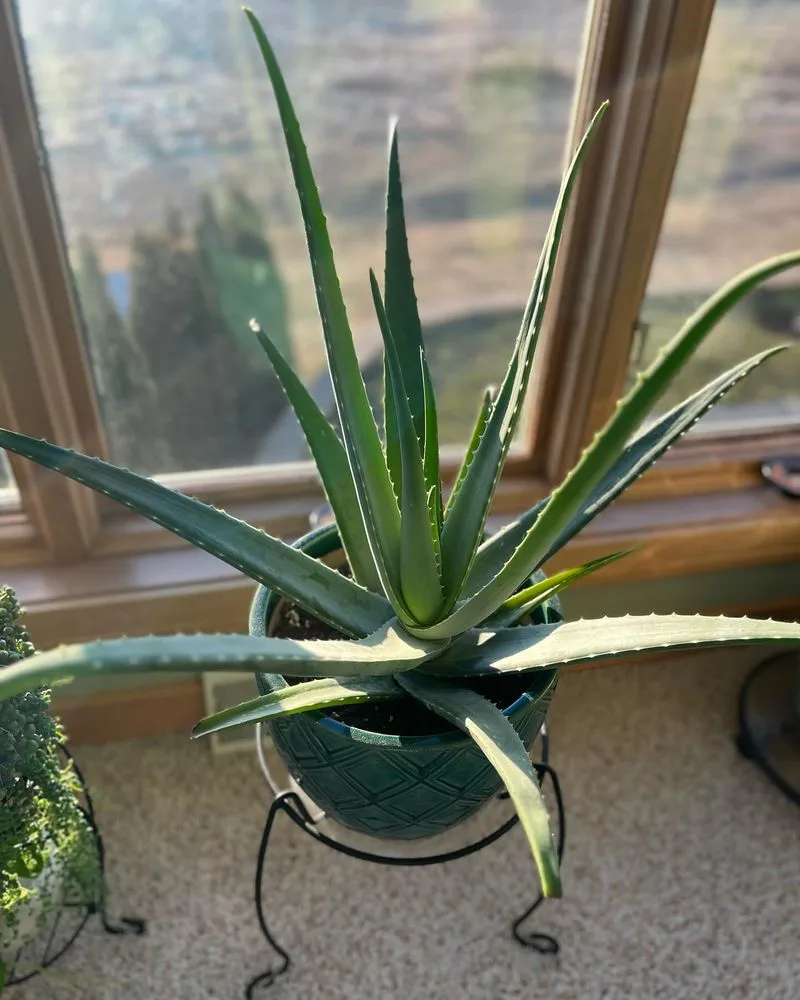
Known for its healing properties, aloe vera is also a champion at improving sleep quality. Its ability to release oxygen at night makes it a perfect bedroom companion. Aloe vera is also incredibly low-maintenance, thriving in various conditions with little attention.
NASA lists it among its top air-improving plants, removing toxins like formaldehyde. Place it on a bedroom shelf or nightstand to cleanse the air while you rest.
Fun fact: Aloe vera gel is used in skincare products for its soothing qualities, perfect for an evening routine.
Peace Lily
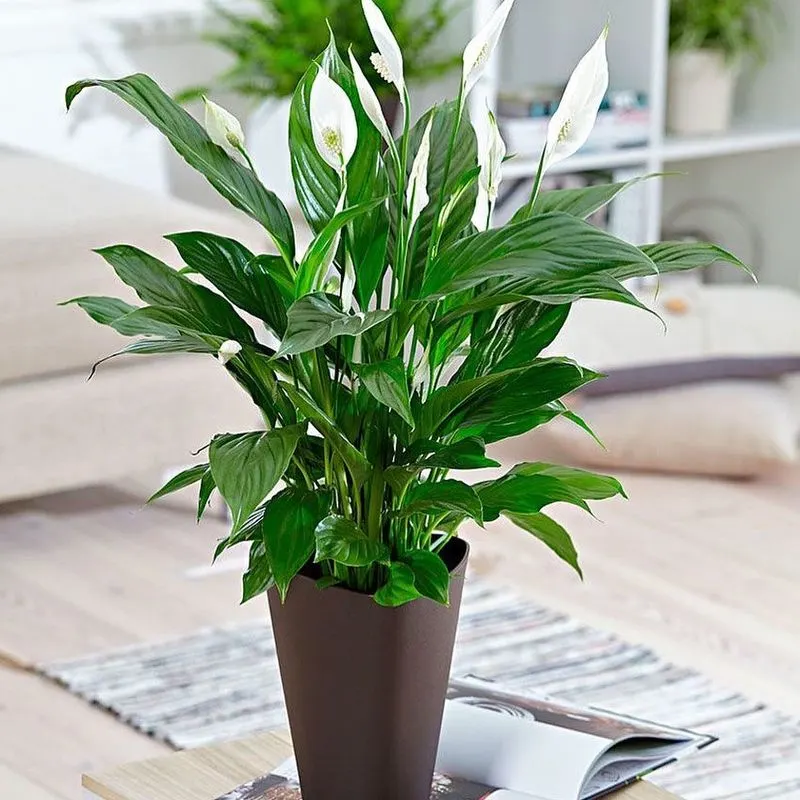
Peace lily, with its elegant white flowers, isn’t just eye-catching; it purifies the air by reducing toxins like benzene and formaldehyde. This plant’s ability to increase humidity can ease dry throats or sinuses, common sleep disruptors.
Research from NASA supports its air-cleaning prowess, making it a favored choice for those seeking a healthier sleep environment. Its needs are minimal, thriving in low to moderate light.
With a peace lily in your bedroom, you breathe easier, welcoming a night of undisturbed rest.
Snake Plant
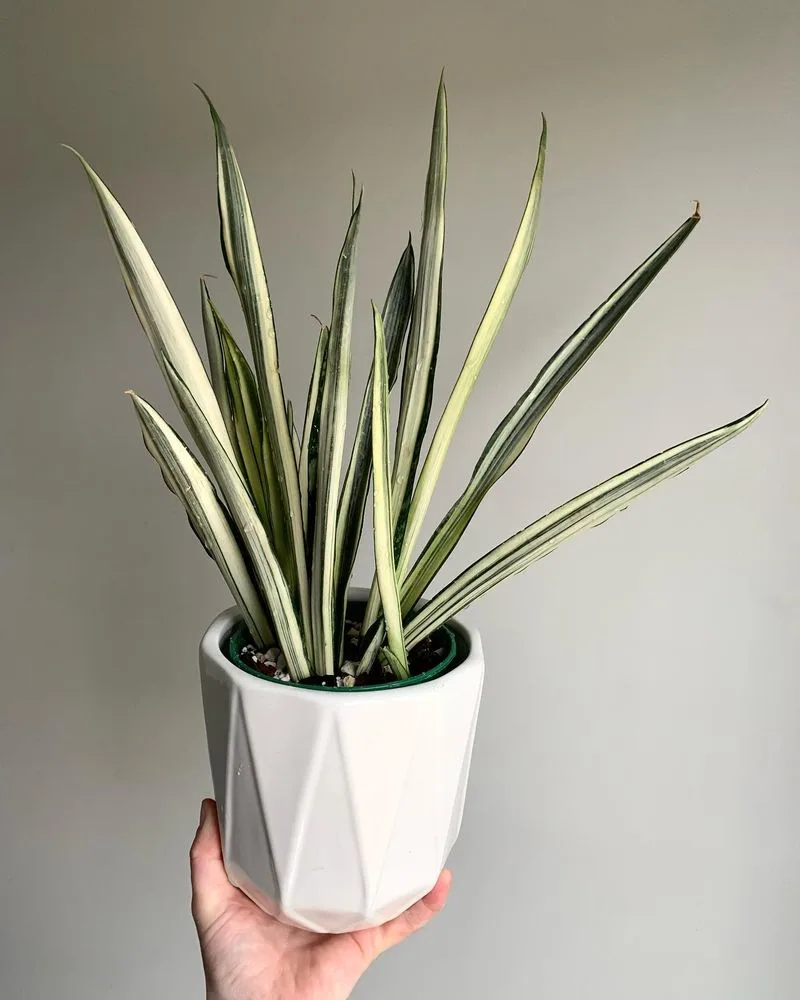
Often called “Mother-in-law’s Tongue,” the snake plant is celebrated for its striking appearance and air-purifying capabilities. Its unique ability to convert CO2 into oxygen at night helps maintain fresh air levels during slumber.
The snake plant is nearly indestructible, making it ideal for beginners or those without a green thumb. Place it near your bed to enjoy cleaner air and a pop of greenery.
Did you know? The snake plant has roots in African folklore, where it’s considered a protective charm.
Spider Plant
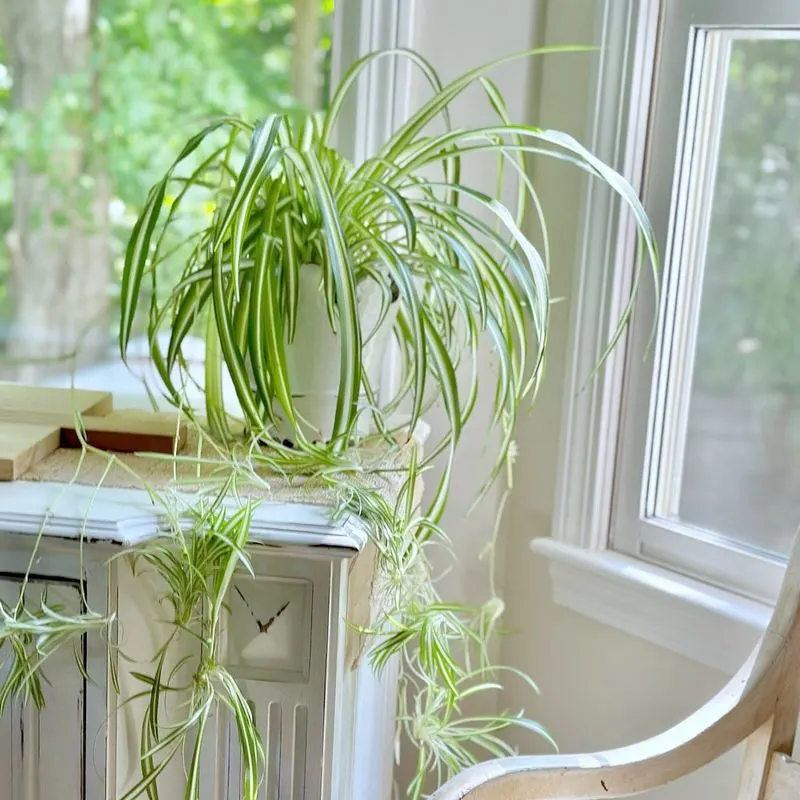
This charming plant, known for its cascading foliage, is more than just decorative. Spider plants excel at removing pollutants like carbon monoxide and xylene, contributing to a fresher sleep environment.
Easy to care for, they thrive in indirect sunlight and require minimal watering. Position one in your bedroom to benefit from its air-cleaning properties.
Interestingly, spider plants are also known for their durable nature, making them a popular choice for busy households.
Valerian
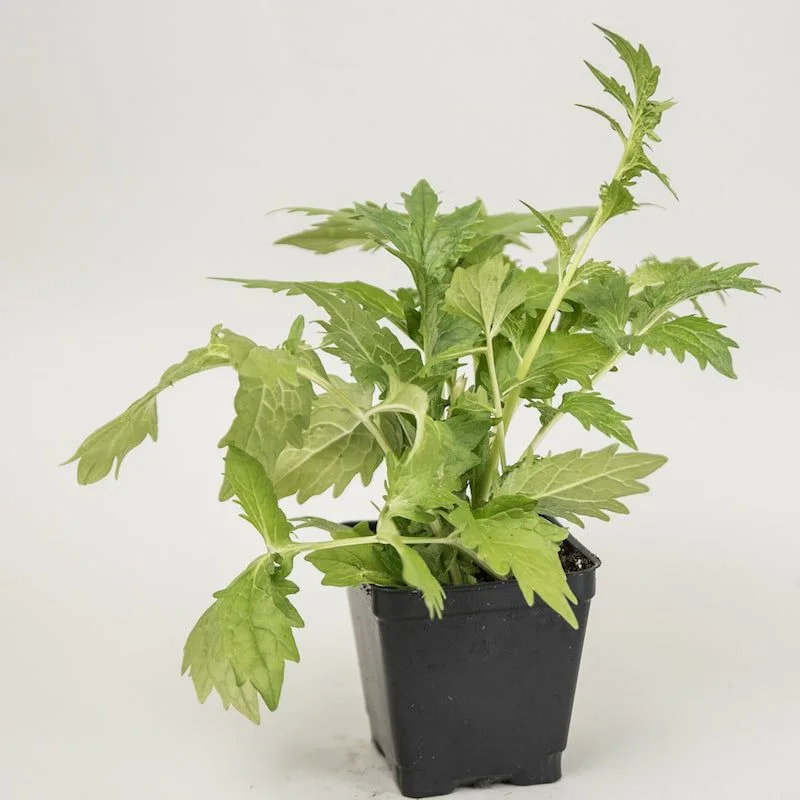
Valerian’s sweet aroma isn’t its only claim to fame. It’s widely used in herbal medicine for its natural sedative effects, often found in sleep aids and teas. This plant’s roots contain valerenic acid, which is known to enhance GABA, a neurotransmitter that promotes relaxation.
Having valerian in your room can create a soothing atmosphere conducive to sleep. Though it requires more care than some houseplants, its sleep-inducing benefits are worth the effort.
Did you know? In the Middle Ages, valerian was used to ward off evil spirits.

